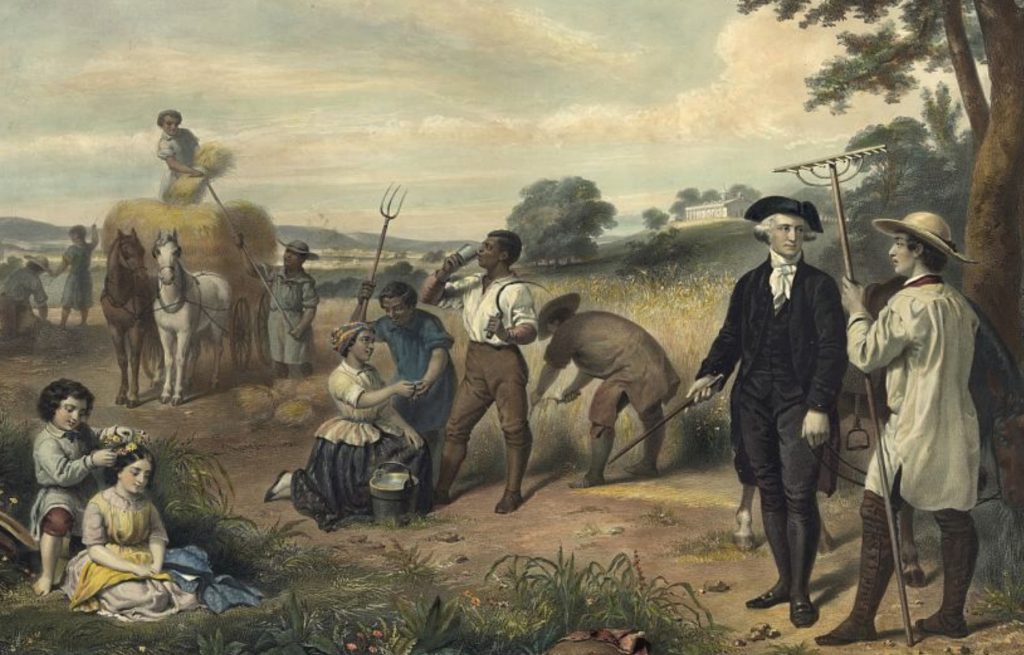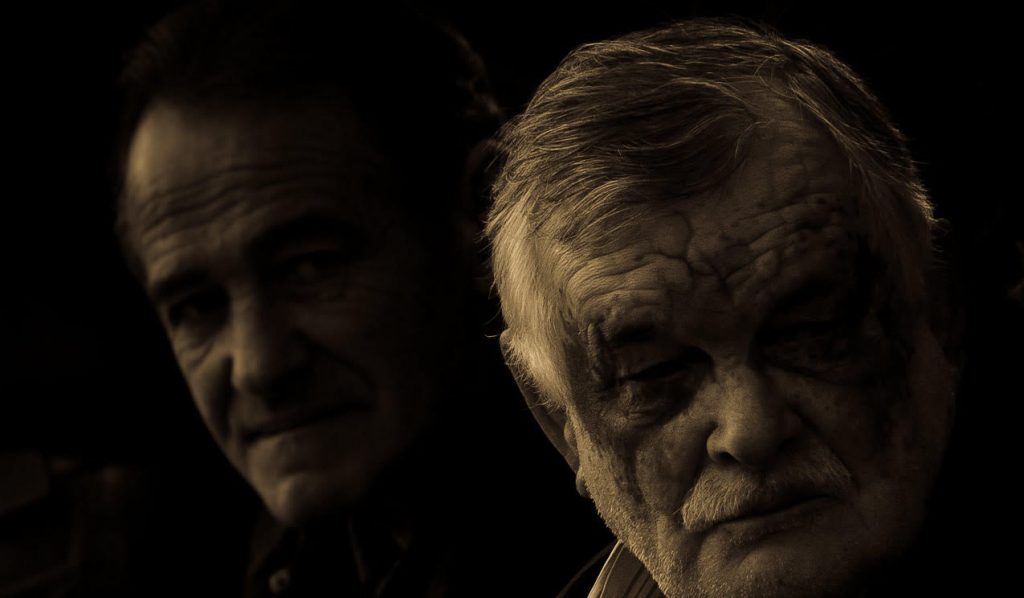Parashat Vayeshev/Hanukah/Thanksgiving
Genesis 37:1-40:23
The era of the Patriarchs virtually ends with this Torah reading. The Patriarchal system rested on the myth that all power and control over the destiny of the family and the extended group was in the hands of that central figure. It is a significant organizing myth, even if the reality is always much more complicated. All the Torah’s stories until now have both affirmed this myth but also undermined it in many ways. Fathers decide who their heir will be, who their heir’s spouse will be, who will get the blessing – except, of course, when other factors intervene.
Continue reading










